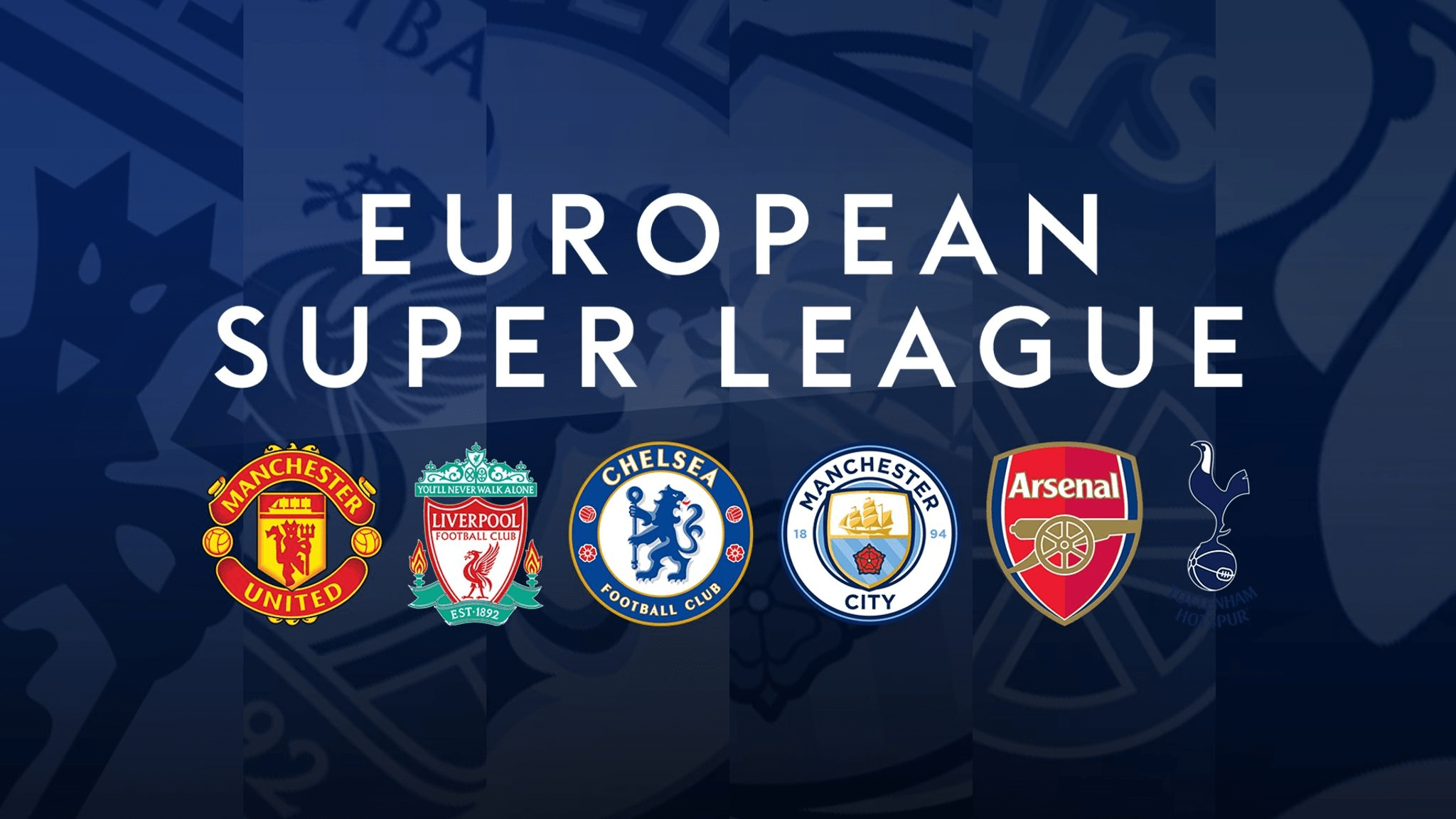
Why Skills-First Leadership Is Replacing the Ivy League Playbook in the C-Suite
The old prestige pyramid—where Ivy League degrees and blue-chip consulting backgrounds paved the way to the CEO seat—is cracking.

April 21, 2021: -Plans for a breakaway elite soccer league in Europe have unraveled already, following the criticism and even threats of government intervention.
On Sunday, it was announced that the European Super League was designed to rival the UEFA Champions League format, which is now Europe’s top annual club competition.
Twelve of Europe’s wealthy teams had signed up as founding members of the upcoming league, and it was being backed with $6 billion in debt financing from JPMorgan.
Although the move sparked outrage between the lawmakers, governing bodies, former players, fans, managers, and pundits, many were concerned about the ramifications for the structure of domestic competitions.
On Tuesday, Chelsea became the first club to signal that it was jumping ship, with fans protesting against the plans outside its West London stadium ahead of a Premier League match. Manchester City quickly followed with official confirmation of their withdrawal, and then England’s other four clubs pulled out just hours later.
John Henry, the principal owner of Liverpool and the Boston Red Sox, said in a video shared on Twitter on Wednesday: “I want to apologize to all the fans and supporters of Liverpool Football Club for the disruption I’ve caused over the past two days.”
Shares of Juventus, one of the three Italian teams that would have been part of the new league, fell by as much as 12% in trading on Wednesday morning.
“Despite the announced departure of the English clubs, forced to take such decisions due to the pressure put on them, we are convinced our proposal is fully aligned with European law and regulations,” the ESL said on Tuesday.
UEFA President Aleksander Ceferin had condemned the project, describing it as “a spit in the face” of all soccer lovers. Meanwhile, British Prime Minister Boris Johnson vowed to “thwart” it and likened it to a “cartel.”
On Monday evening, the chairman of the European Super League, Florentino Perez, said the plans to form the new breakaway elite competition were designed “to save” soccer. He pushed back against the widespread criticism by claiming that change is necessary because young people “are no longer interested” in the sport.

The old prestige pyramid—where Ivy League degrees and blue-chip consulting backgrounds paved the way to the CEO seat—is cracking.

Loud leaders once ruled the boardroom. Charisma was currency. Big talk drove big valuations.

But the CEOs who make history in downturns aren’t the ones with the deepest cuts

Companies invest millions in leadership development, yet many of their best executives leave within a few years. Why?

The most successful business leaders don’t just identify gaps in the market; they anticipate future needs before anyone else.

With technological advancements, shifting consumer expectations, and global interconnectedness, the role of business leaders

At seventeen, Professor Richard Rose stepped into a world few adults dare to navigate: the world of children fractured by trauma. He wasn’t a clinician then, nor a scholar. He was simply a young man with a heart tuned to the quiet ache of others.

Following a distinguished Law Enforcement career Joe McGee founded The Securitatem Group to provide contemporary global operational specialist security and specialist security training products and services for private clients, corporate organisations, and Government bodies. They deliver a wide range of services, including complete end-to-end protection packages, close protection, residential security, protection drivers, and online and physical installations. They provide covert and overt investigations and specialist surveillance services with a Broad range of weapons and tactical-based training, including conflict management, risk and threat management, tactical training, tactical medicine, and command and control training.

Jay Wright, CEO and Co-Owner of Virgin Wines infectious energy, enthusiasm, passion and drive has been instrumental in creating an environment that encourages talent to thrive and a culture that puts the customer at the very heart of every decision-making process.

Fabio de Concilio is the visionary CEO & Chairman of the Board at Farmacosmo, a leading organization dedicated to mental health and community support services. With a deep commitment to identifying and meeting customer needs, Fabio ensures that high standards are maintained across the board.

Leave us a message
Subscribe
Fill the form our team will contact you
Advertise with us
Fill the form our team will contact you